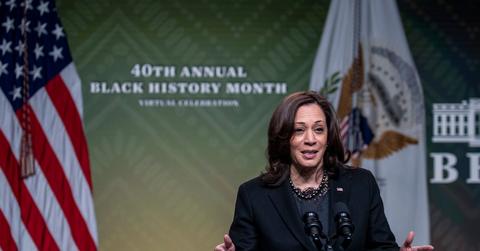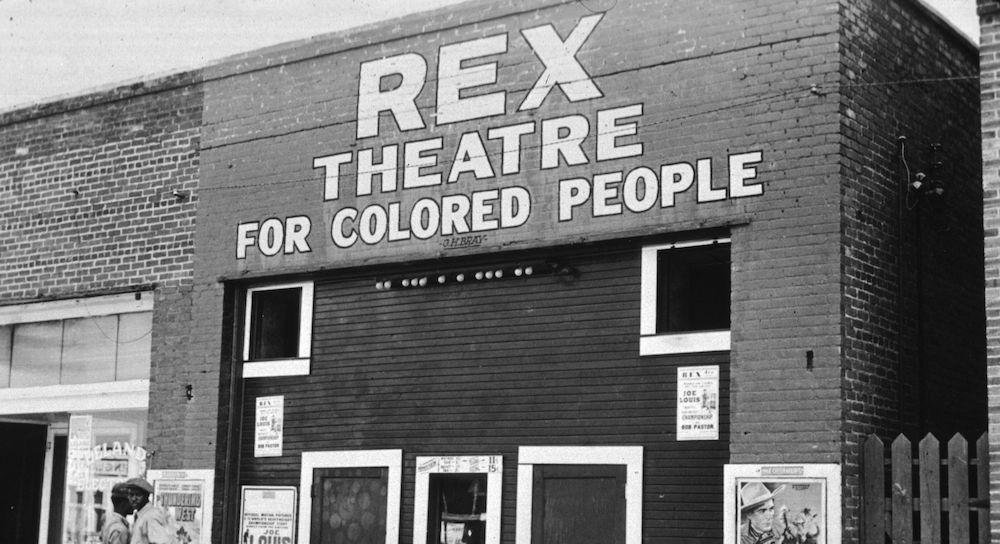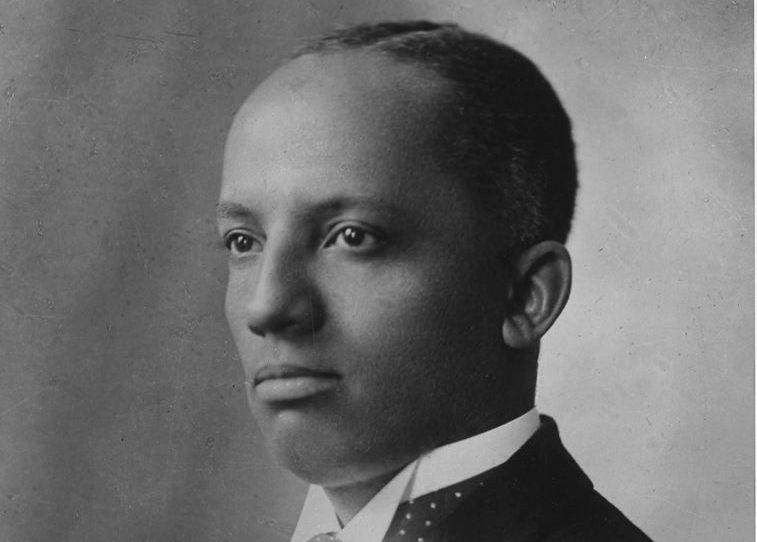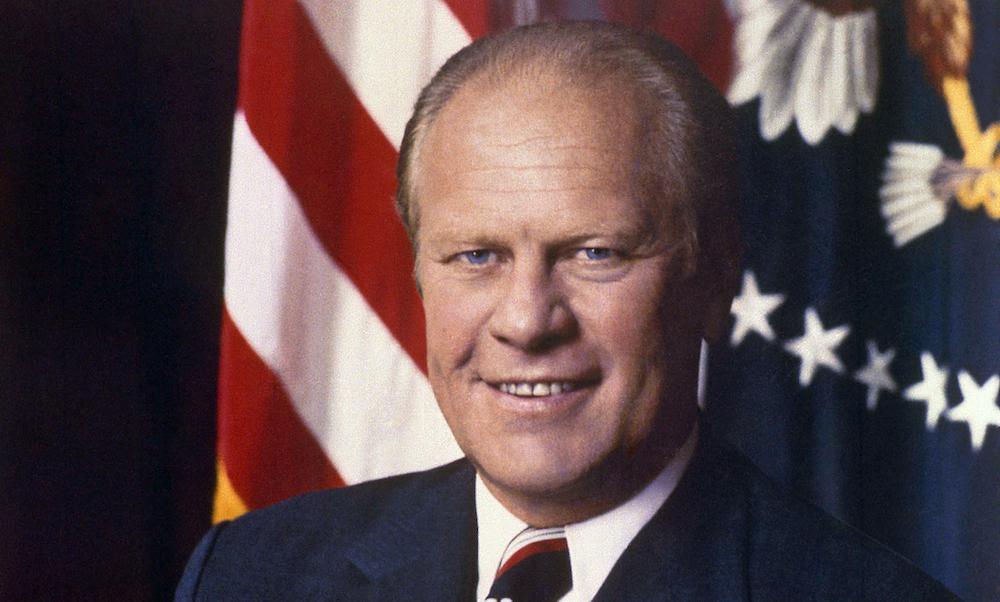The History of Black History Month, and Why Its Celebrated in February
Updated Feb. 1 2024, 1:55 p.m. ET

Happy Black History Month!
For many across the U.S., February is a time to reflect on African American history, and the various contributions Black people have made to make the country. And while we can definitely celebrate year-round, many of us wonder: why is February Black History Month?
There's a particular reason Black History Month takes place in February. Whether you decide to observe by discussing well-known figures like MLK, Coretta Scott King, and Harriet Tubman or by looking at the history being made today, let's dive into the historical basis of Black History Month and how it came to be.
Why is February Black History Month?
February was chosen as Black History Month because of scholar Carter G. Woodson, often called the "father of Black History." According to the NAACP, during the second week of February in 1926, he established "Negro History Week."
This particular week was chosen because Abraham Lincoln's birthday was Feb. 12, 1809, and abolitionist Frederick Douglass's birthday was in the same month, 1818. He didn't know his actual birthday, having been born enslaved, but eventually celebrated it on the 14th of that month.
Learning Black history has been suppressed at all levels of education in the U.S. During the 1960s around the height of the Civil Rights movement, more people began trying to implement these kinds of courses in schools. Over time, an unofficial Black History Month began to take shape across the country.
When was Black History Month established?
Although people across the U.S. had been celebrating Black history for years, it became federally recognized in 1976, thanks to President Gerald Ford. He told the American people to "seize the opportunity to honor the too-often neglected accomplishments of Black Americans in every area of endeavor throughout our history."
According to The Association for the Study of African American Life and History (ASALH), every Black History Month has had a theme since 1928. The first theme was "Civilization: A World Achievement" and the theme for 2024 is "African Americans and the Arts."
The ASALH discusses how Christian faith, Black institutions of higher learning, music, food, and more have all been tools of self-expression by Black people for generations.
Notably, this resistance is essential in helping Black people continue in a country that has historically treated us like second-class citizens, if not worse. Legislation such as Jim Crow laws were put in place to keep races separate. Many pieces of legislation restricted Black people's access to vital facilities like certain schools and hospitals. Even today, laws like the CROWN Act, which legislates discrimination against Black people's hair, are still being debated in the U.S.

Although Black History Month is celebrated at different times worldwide now, many believe there are still issues that need to be addressed. Topics like critical race theory, which discusses systematic racism in American society is currently a hot-button issue that has divided many groups in the U.S., especially when talking about bringing this matter into the public school system.
This article, originally published on Feb. 6, 2023, has been updated.

